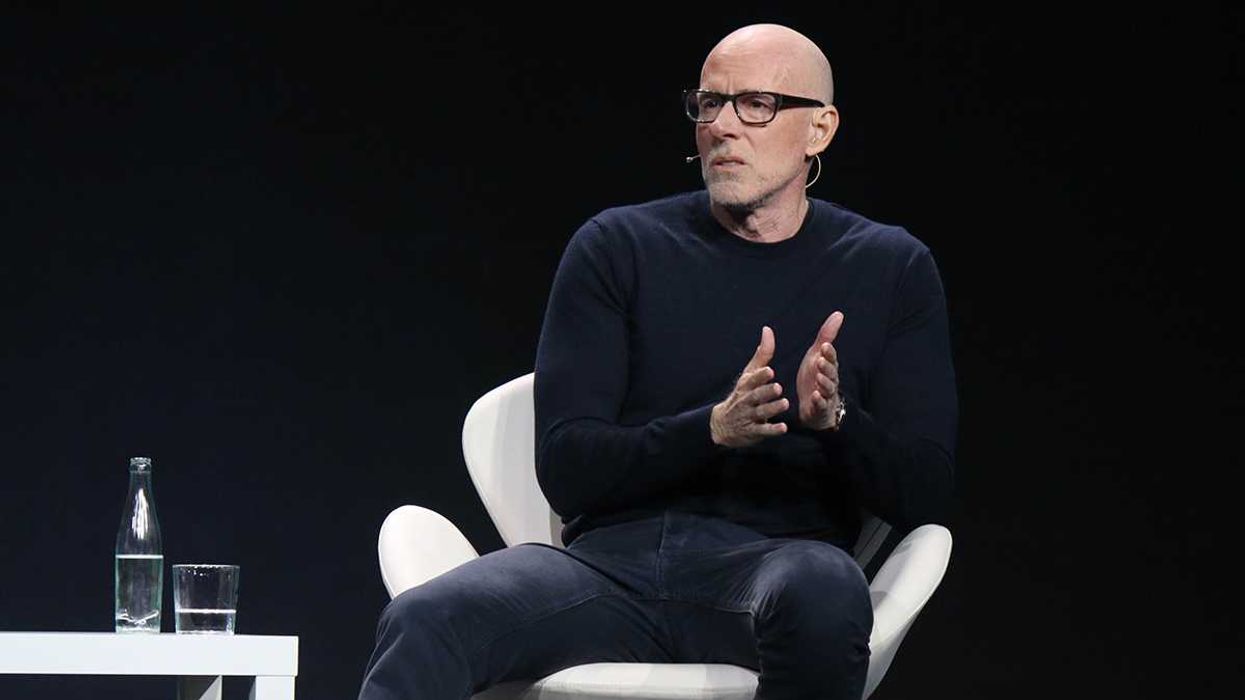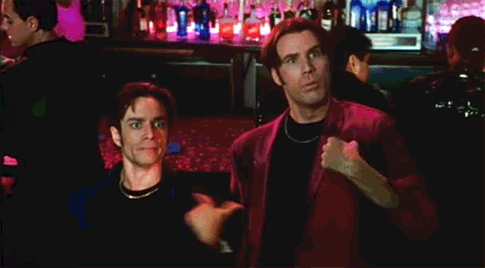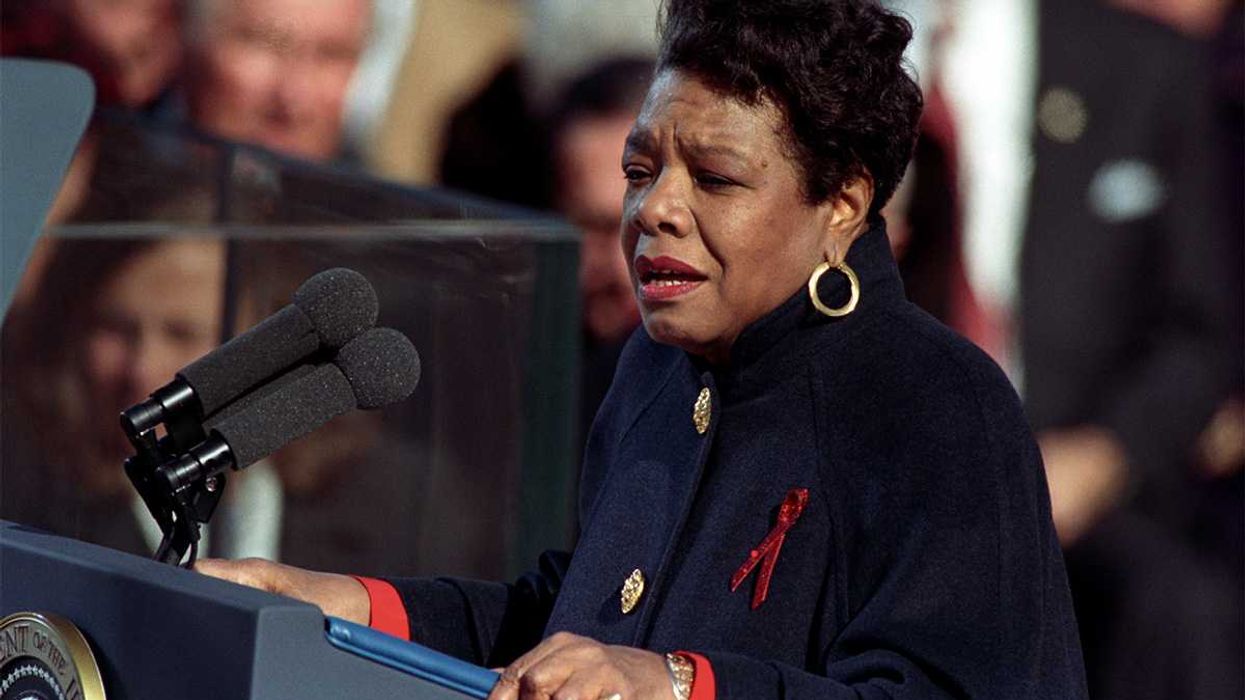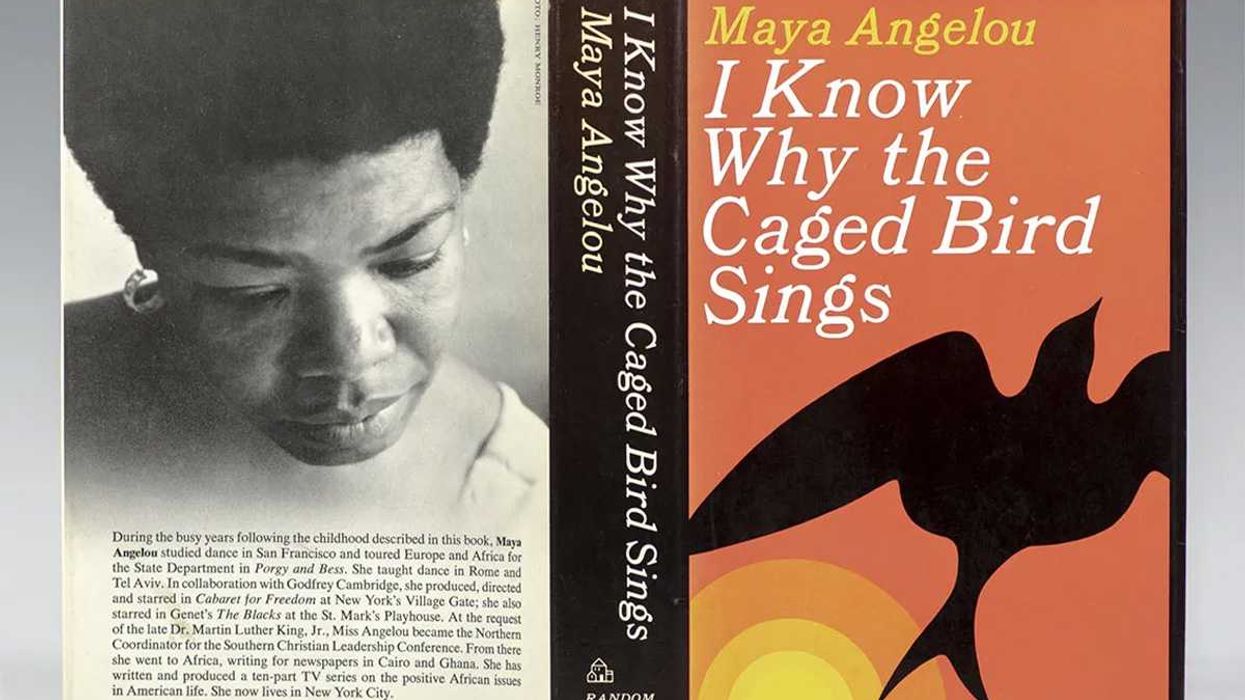In an appearance on Jerry Seinfeld's series “Comedians in Cars Getting Coffee," filmed not long before his death, Garry Shandling mentions he had hyperparathyroidism. “The symptoms are so much like being an older Jewish man, no one noticed!" he jokes.
Shandling died at age 66 of a heart attack — one of the many health risks heightened from the disease.
The Parathyroid glands (there are four of them, located in the neck) regulate the level of calcium in the blood. If the blood-calcium level goes above a normally narrow range, it likely means that something has gone wrong with one of your PT glands. And if the gland isn't removed, it will continue pumping out hormones that direct your body to keep raising the blood-calcium level.
James Fallows, a writer for the Atlantic, describes his ordeal with the condition, and explains how he wished he had taken care of the disorder earlier, since, as he heard from a doctor, “a parathyroid disorder was about as damaging as smoking a pack of cigarettes per day. It weakened the bones; it raised the risk of heart attacks and some cancers, and kidney stones too; it caused mood disorders; and—I'll confess the most alarming—it led to memory lapses, attention failures, and dementia. The bone-weakening is because the hyperactive gland continually draws calcium out of the bones and into the blood serum."
The Parathyroid Peeps, three women in the Bay Area who all had their glands removed, have a website with the mission of educating about this often-misdiagnosed disease. “It is not at all unusual for a patient to go undiagnosed for many years. General physicians are often not knowledgeable about primary hyperparathyroid disease – the symptoms or diagnostic process. High blood calcium is bad!”
This article originally appeared on 08.14.19.
















 Self reflection.Photo credit
Self reflection.Photo credit  Older woman touching hands with a younger self.Photo credit
Older woman touching hands with a younger self.Photo credit  Sign reads, "Regrets Behind You."Photo credit
Sign reads, "Regrets Behind You."Photo credit 
 Couple talking in the woods.
Couple talking in the woods. Woman and man have a conversation.
Woman and man have a conversation. A chat on the couch.
A chat on the couch. Two people high-five working out.
Two people high-five working out. Movie scene from Night at the Roxbury.
Movie scene from Night at the Roxbury.  Friends laughing together.
Friends laughing together.
 Maya Angelou reciting her poem "On the Pulse of Morning" at President Bill Clinton's inauguration in 1993.William J. Clinton Presidential Library/
Maya Angelou reciting her poem "On the Pulse of Morning" at President Bill Clinton's inauguration in 1993.William J. Clinton Presidential Library/  First edition front and back covers and spine of "I Know Why the Caged Bird Sings."Raptis Rare Books/
First edition front and back covers and spine of "I Know Why the Caged Bird Sings."Raptis Rare Books/ 
 Tow truck towing a car in its bedCanva
Tow truck towing a car in its bedCanva  Sad woman looks at her phoneCanva
Sad woman looks at her phoneCanva  A group of young people at a house partyCanva
A group of young people at a house partyCanva  Fed-up woman gif
Fed-up woman gif Police show up at a house party
Police show up at a house party 
 A trendy restaurant in the middle of the dayCanva
A trendy restaurant in the middle of the dayCanva A reserved table at a restaurantCanva
A reserved table at a restaurantCanva Gif of Tim Robinson asking "What?' via
Gif of Tim Robinson asking "What?' via 

 An octopus floating in the oceanCanva
An octopus floating in the oceanCanva